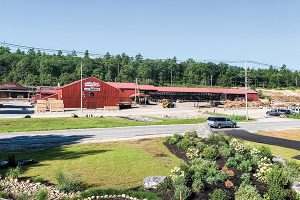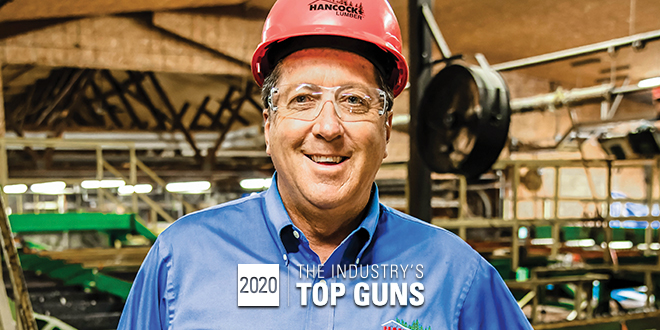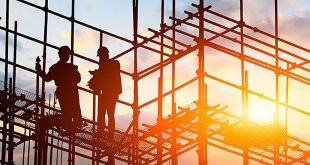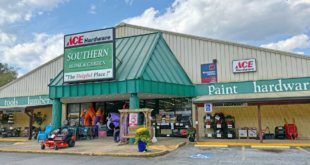Kevin Hancock, President and CEO, Hancock Lumber
9 stores, Maine and New Hampshire
Kevin Hancock is part of the sixth generation of his family to lead Hancock Lumber, which was founded in 1848. Today, the company owns timberland and operates three sawmills to support nine lumberyard operations in Maine and New Hampshire.
Read the conversation with Kevin below and click here to listen to an exclusive podcast episode on Hardware Retailing‘s brand new podcast series Editorially Speaking.
Hardware Retailing (HR): How did you get involved in the business?
Kevin Hancock (KH): I grew up around the business, of course, and worked there over the summers. After college, however, my interest was in teaching and coaching. I taught American and Russian history and coached basketball at a college preparatory school in Maine. After teaching for three years, my dad (who was running the company at the time) was diagnosed with cancer. That summer I ended up coming to work for the company. I started on the sales counter at one of our stores and here I am 30 years later!

The company has been recognized as one of Maine’s Best Places to Work for six years running.
HR: What unique challenges do you think independent retailers face in today’s market?
KH: First, I think it’s having a unique niche in your community that makes you different and valuable in a way that isn’t easy to replicate. Product is easy to get, so the value proposition has to be something more than just product.
Second, I think you need an employee engagement strategy that makes work meaningful for your employees. If work is purely an economic exercise for your team, it’s very difficult to recruit and retain talented people. Finally, I think companies today need a compelling mission that is greater than just selling stuff or making money. Employees and customers alike are looking to belong to organizations that serve a higher purpose.
HR: What are some key opportunities independent retailers have in the short term?
KH: Agility and intimacy are the key assets that independent retailers have in their local markets over larger national competitors. As independent retailers, we can adjust very quickly and in ways that uniquely fit an individual customer or community. It’s hard for national organizations to function that way.
HR: What do you think the industry will look in the next five to 10 years?
KH: I think the employee proposition is going to change a lot. People want meaning in their work, and they also want competitive pay and flexibility. In 10 years, I don’t think we can expect employees to just show up to work in our industry. We must make the work experience compelling, exciting and meaningful for the people who do it. I also believe that self-service is going to become a bigger trend. The ability to shop from home and find what you want quickly are emerging as must-haves for shoppers. Services will become more important than products.
People want meaning in their work. We must make the work experience compelling, exciting and meaningful for the people who do it.
HR: How did you address the pandemic in your operation?
KH: We have had a very positive experience so far. We never closed and we have all been working on-site. Our focus from the beginning has been cleaning and spacing. We have been able to space every function in our company at all levels. Productivity and safety and accuracy have all actually improved a bit during this period. Our employees have appreciated the sense of normalcy that coming to work every day allows. As a result of our experience, I believe it is possible to work and be virus safe. I don’t believe generally that America needs to stay home to be safe.
HR: What does being an industry disrupter mean to you?
KH: Being a disrupter to me is really about being entrepreneurial with your company. It’s about paying attention to how humanity is looking to evolve and to constantly be adjusting your business model to fit the future not the past. Disruption is good because it forces innovation, change and progress.
 Hardware Retailing The Industry's Source for Insights and Information
Hardware Retailing The Industry's Source for Insights and Information






